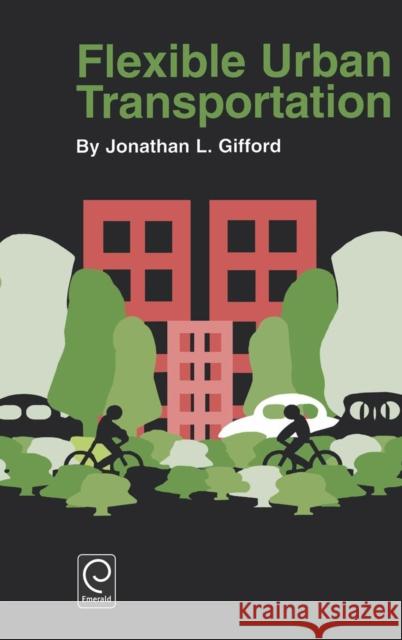Książki: » Technologie » Flexible Urban Transportation

Flexible Urban Transportation
ISBN-13: 9780080440538 / Angielski / Twarda / 2003 / 260 str.
"Flexible Urban Transportation" is a sweeping reassessment of American highway and transit policy. For the last half-century, this policy has been fixated on planning, designing and constructing the Interstate highway system, and then coping with the creative destruction it wrought. Aggressive construction of the Interstate divided and destroyed urban communities, and sparked a furious backlash, the "Freeway Revolt." The Interstate also facilitated widespread suburbanization of housing, retail and employment, which in turn gave rise to the tightly integrated, flexible supply chains characteristic of modern industry. American society faces a profound dilemma. The private automobile has never been more popular. The economy depends on highways. But communities are increasingly unwilling to build or expand them. Making transportation choices with a clear understanding of their consequences - protecting communities, fostering environmental stewardship, and supporting a dynamic and productive economy - is an urgent matter. But the regulations and procedures that govern those choices are severely outdated. And the interests vested in the current stalemate block the way towards serious reform. This cogent evaluation of how American transportation planning got to where it is today, and its proposal for an adaptive transportation decision-making process, is required reading for those concerned about the problems and prospects of transportation today.










